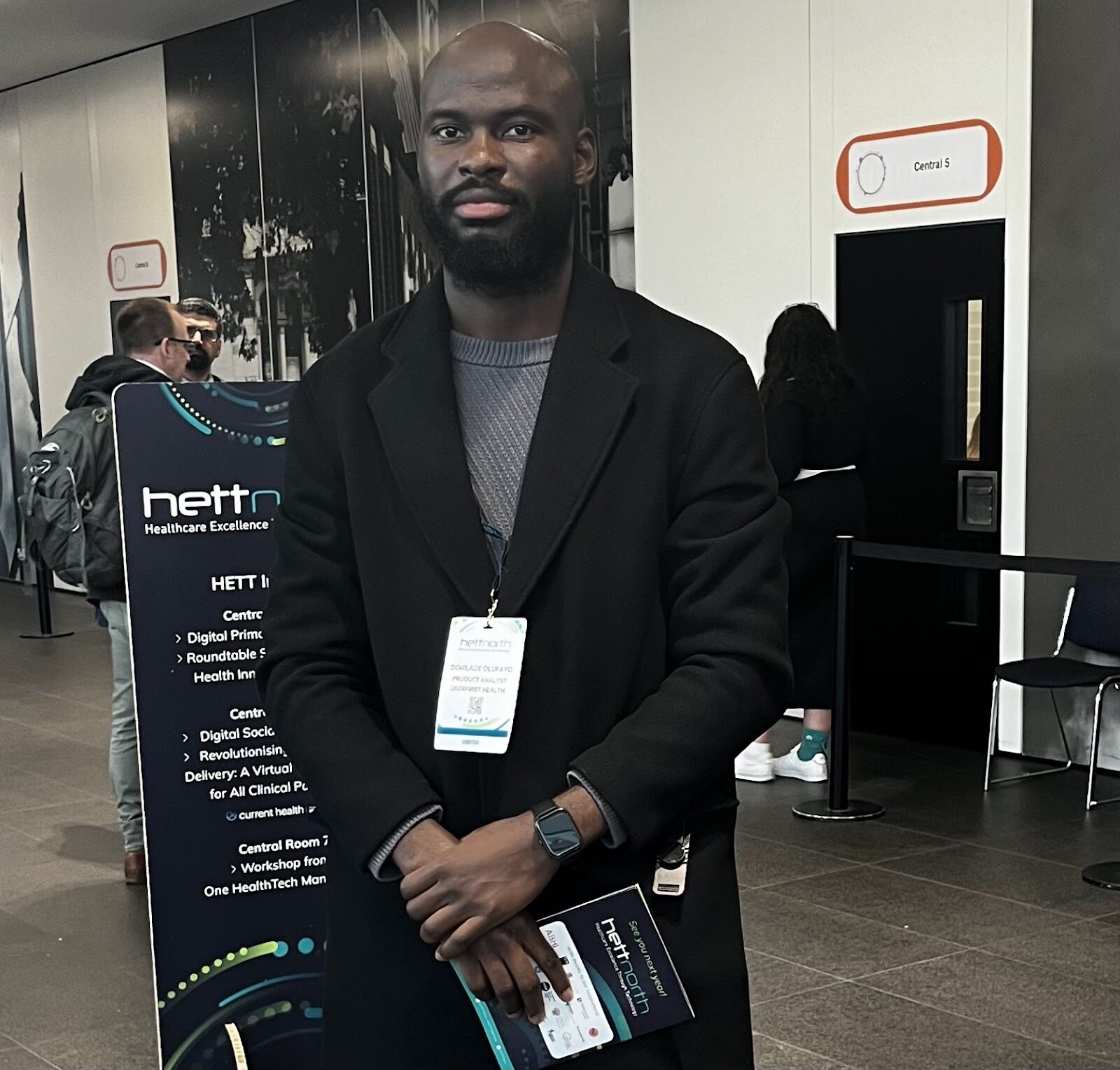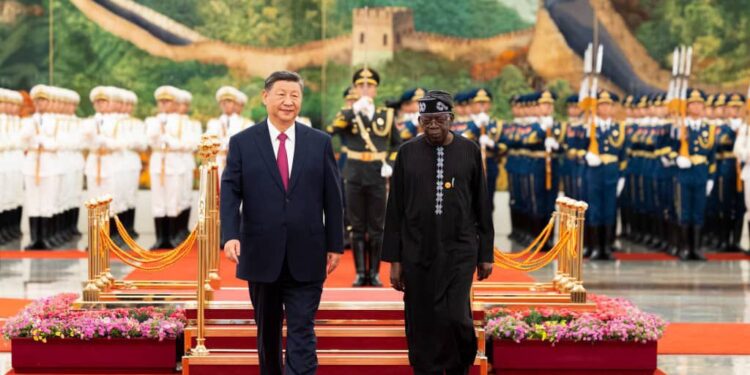Navigating Complex Product Ecosystems: Strategies for Managing Multi-Product Portfolios and Interdependencies

Within a landscape that was more defined by complex systems than by individual solutions, Demilade Olufayo’s approach to product leadership defines a style of thoughtful accuracy and measured timing.
Through a decade-long tenure as a highly experienced Senior Product Manager managing multi-product ecosystems,
Demilade carefully avoids loudly proclaiming his success. Instead, he carefully assembles vast portfolios on a firm foundation, carefully juggling technical teams’ needs, stakeholders, and customers’ needs in settings where priorities too often collide and timelines might suddenly change.
What sets Demilade apart is his grasp of interdependencies that go well beyond procedural and technical considerations and include human-centric ones.
Demilade sees that successful management of a network of connected products goes far beyond having clear channels of communication and establishing trust; it also means successful backlog management and clear delineation of roadmaps.
In perhaps his most critical mandate, Demilade led the consolidation of three disparate customer-facing platforms onto a single, cohesive product ecosystem at a financial services organization. Each platform had its own history of development, infrastructure idiosyncrasies, and internal constituencies.
Instead of seeing unification as a mechanical exercise, he treated unification as a project aimed at achieving both cultural and functional cohesion.
In the first few weeks of working on the project, he used careful listening as a core practice. He met with engineers to understand architectural limitations, worked with product marketers to define customer stories, and met with support teams to identify areas where user friction insidiously lingered.
The result was not a wholesale change, but a carefully crafted migration path that enabled system interoperability, maintained key functionalities, and empowered users to evolve without interruption.
This methodical approach also included governance models, where he created decision-making models that allowed each product team a level of autonomy while working within an aligned vision.
Demilade views product strategy as a fluid concept, not a fixed one. He constantly stresses the importance of “living maps”—roadmaps that evolve in response to new data, market shifts, or new technological understanding.
To him, successful portfolio management means creating momentum across multiple pieces, as opposed to imposing homogeneous progress. In a recent company-wide re-platforming effort, he established a cadence of recalibration meetings to surface cross-team dependencies before delivery risks materialized.
These meetings became unofficial centers of shared awareness, allowing disconnected teams to foresee the effect of their decisions on others downstream the process.
His attention to timing and structure is exemplified by how he sequences initiatives. Rather than loading up on multiple requests to engineering teams, he first focuses on laying down foundation aspects before adding user-friendly aspects.
Through this measured approach, he sets himself up for success, not focusing on short-lived, superficial goals that do not have longevity. He keeps a close eye on early signs of technical debt, but he doesn’t mind slowing down when foundational problems require so—this exercise in restraint earns long-term respect from development teams.
During meetings, Demilade has a remarkably unflappable demeanor. While he rarely raises his voice above a whisper, he commands attention through the lucidity of his train of thought. Peers have often described him as a link between functions; he has equal skill in explaining why an API redesign would be required to a product marketer as in breaking down user research into its technical details for backend engineers. Such facility of language and vision allows him to de-escalate conflict before it worsens and to make bridges where other managers might see walls.
One of Demilade’s most undervalued skills is his ability to weather distractions. In environments where urgency commonly masquerades as significance, he maintains a disciplined approach to prioritizing the customer’s real-world experience in the ecosystem.
He doesn’t merely measure features by their intrinsic merit, but takes into account how they augment, challenge, or interact with the ecosystem of products around them. His comments generally go a step further than asking “what” and “how” to really get at the question of “why now?”—a question that prevents unnecessary effort and keeps teams centered on what matters.
Even in casual settings, Demilade has a natural leaning towards complicacy. As a mentor to budding product managers, he helps guide them through uncertain problem spaces where metrics are unclear and success cannot be easily measured. His advice regularly touches on the need to take a long-term view—refocusing energies towards incremental development of trust, accepting a level of uncertainty, and understanding that the most desirable results come from decisions that might feel perilous but are actually informed by keen observation and sound reasoning.
The work of Demilade Olufayo might not make waves, but its impacts are lasting. His systems are more stable, his teams are more cohesive, and his products are more consistent. In a world where speed counts, Demilade stands as a living testament to integrity in systems, relationships, and decisions. The development of such attentiveness, in the unassuming context of lasting impacts, defines much of his identity.







